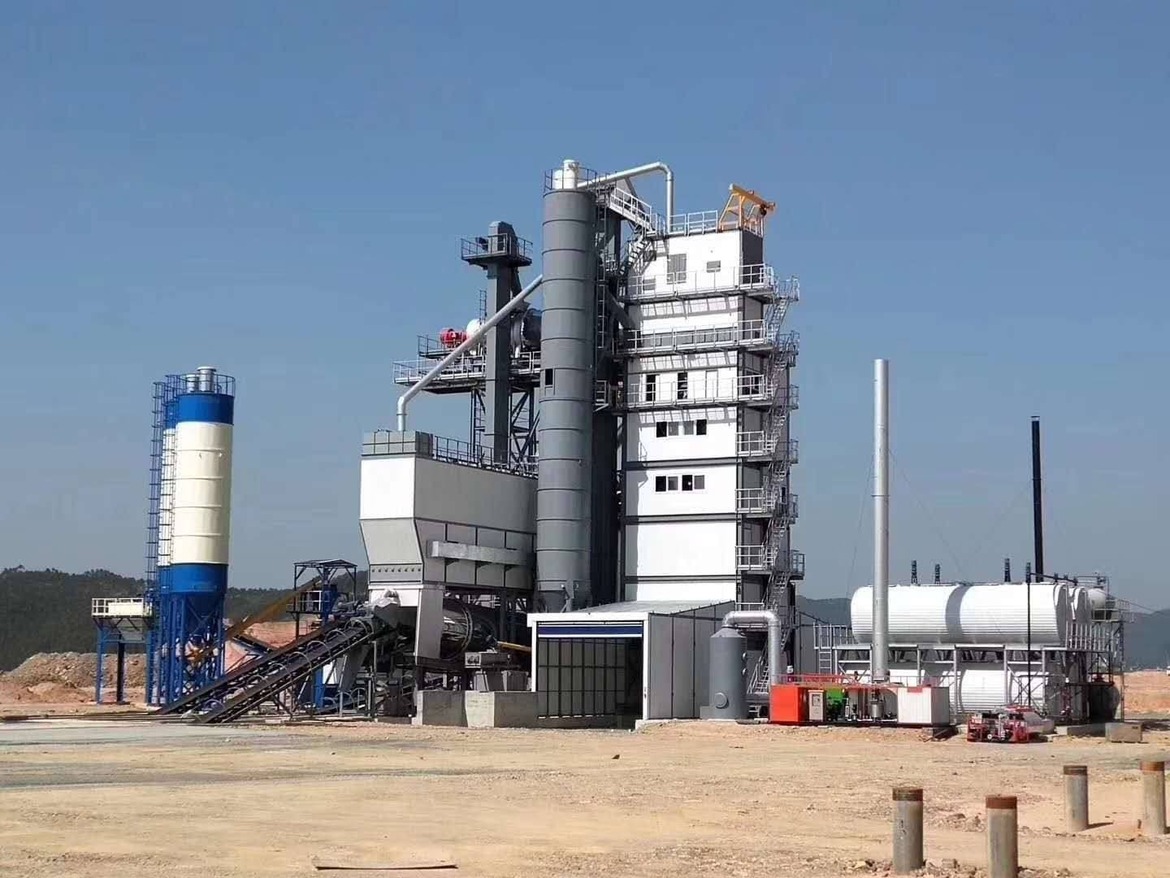Asphalt plants generate significant amounts of air pollution in the form of fine particulate matter, which can be harmful to both workers and the environment. Baghouse dust collectors are commonly used in asphalt plants to capture and filter out these pollutants.
The baghouse dust collectors in asphalt plants typically utilize filter bags made of materials such as polyester, aramid, or fiberglass. The choice of filter bag material depends on several factors, including the type of dust generated, the temperature of the process, and the operating conditions.

Polyester filter bags are commonly used in asphalt plants due to their high efficiency and ability to handle temperatures up to 150°C (302°F). These bags are also resistant to abrasion and chemical exposure, making them a popular choice in the industry.
Aramid filter bags are another option for asphalt plants, especially in high-temperature applications. Aramid bags are known for their excellent resistance to heat and abrasion, making them ideal for harsh operating conditions. Aramid filter bags can handle temperatures up to 200°C (392°F).
Fiberglass filter bags are also used in asphalt plants, particularly in high-temperature applications where the operating temperature exceeds 200°C (392°F). These bags offer superior resistance to high temperatures and chemical exposure.
In summary, baghouse dust collectors are essential in asphalt plants to control air pollution and protect worker health and safety. The choice of filter bag material depends on the type of dust generated, the temperature of the process, and the operating conditions. Materials such as polyester, aramid, and fiberglass are commonly used in these industries due to their high efficiency, abrasion resistance, and ability to handle high temperatures.
